Legal Update: Groundbreaking Ceremony for HCMC - Thu Dau Mot - Chon Thanh Expressway Connecting HCMC, Binh Duong, Binh Phuoc, and the Central Highlands - Foreign Direct Investment (FDI) Registration in Industrial Zones
Views: 1691
Overview

Perspective view of the HCMC - Thu Dau Mot - Chon Thanh Expressway (Photo: T.X.).
On February 1, 2025, Prime Minister Pham Minh Chinh presided over the groundbreaking ceremony of the HCMC - Thu Dau Mot - Chon Thanh Expressway project in Binh Duong province. This is the first expressway connecting Ho Chi Minh City with Binh Duong and Binh Phuoc, spanning over 52 km in Binh Duong. The expressway is designed with six lanes and a maximum speed of 100 km/h. In the initial phase, four lanes and continuous emergency lanes will be constructed. The project follows the public-private partnership (PPP) model, with a total investment of approximately VND 17.4 trillion and an expected completion period of 36 months. The consortium of investors includes Becamex IDC Corporation, Becamex IJC, Becamex Binh Phuoc, and Deo Ca Group JSC.
This expressway is expected to create seamless connectivity with other key infrastructure projects, such as the expansion of National Highway 13, HCMC Ring Roads 3 and 4, and connections to the Central Highlands and other major infrastructure projects in the region, including Long Thanh Airport and Cai Mep - Thi Vai Port.
During the same event, the Binh Duong Provincial People’s Committee also granted investment policy approvals and investment certificates for several foreign direct investment (FDI) projects and industrial zone infrastructure projects, with a total registered capital exceeding USD 970 million.
Some notable projects include:
-
Timotion VN Manufacturing Plant with a total investment of USD 29 million.
-
Axman VN Company’s project with an investment of USD 24 million, newly approved in VSIP 3 Industrial Park.
-
Cheng Loong Binh Duong Paper Company’s project in PROTRADE Industrial Park, with a capital adjustment of USD 50 million.
-
Deneast Vietnam Company’s project in VSIP II-A Industrial Park, with an additional investment of over USD 40 million.
Procedures for Establishing a Foreign-Invested Enterprise (FDI) and Registering a Production-Related Project in Industrial Zones in Vietnam
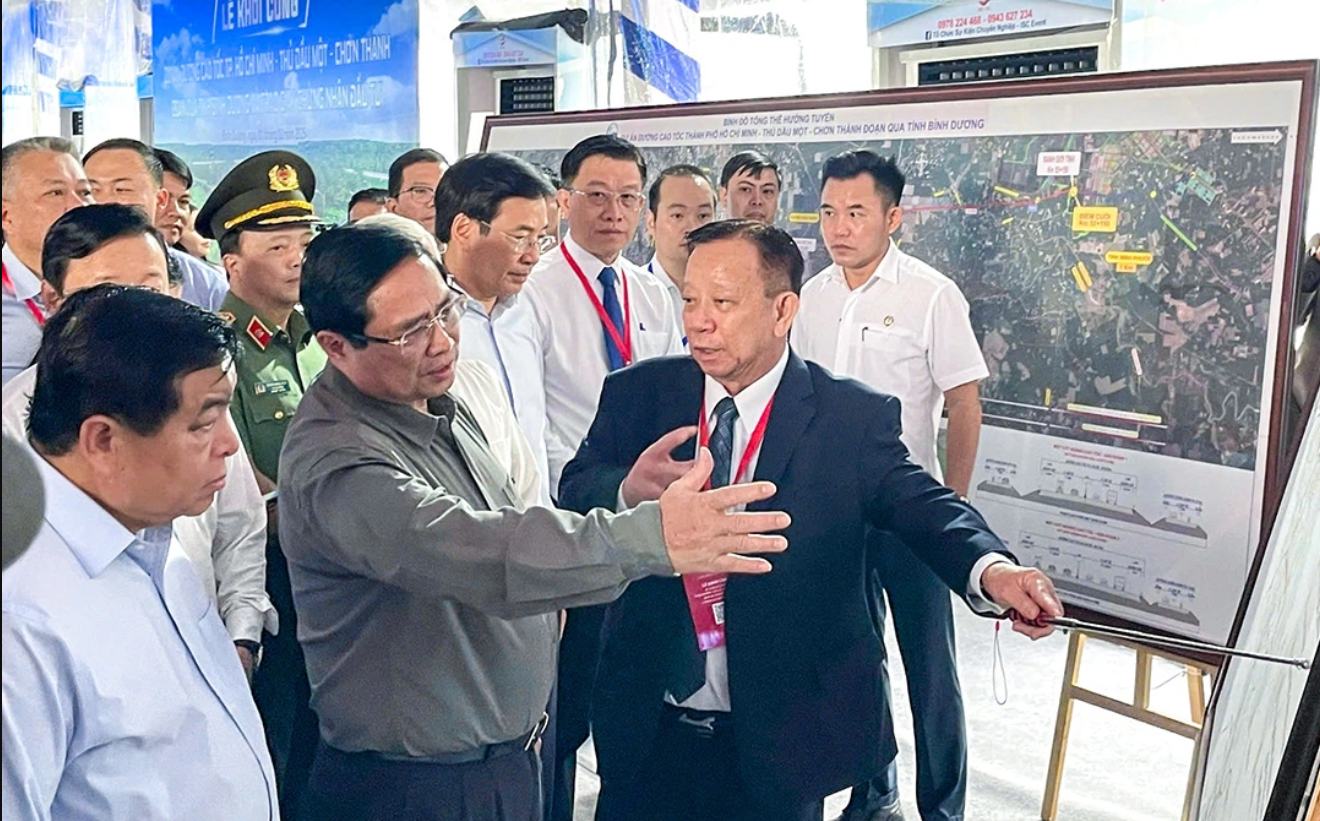
Prime Minister Pham Minh Chinh listens to the investor's report at the groundbreaking ceremony of the HCMC - Thu Dau Mot - Chon Thanh Expressway on the morning of February 1 (the 4th day of Tet) - Photo: T.D.
1. General Requirements
Foreign investors looking to establish an FDI company and register an investment project in an industrial zone must work with relevant government agencies to obtain necessary licenses, primarily:
-
Investment Registration Certificate (IRC)
-
Enterprise Registration Certificate (ERC)
Investment registration procedures in industrial zones follow the Investment Law 2020 and relevant guiding documents. The process may vary depending on the project’s scale, industry, and type of investment (domestic or foreign).
2. Key Steps
Step 1: Determine Investment Structure and Business Type
Investors can choose from the following options:
-
Establish a new economic entity (company, branch, or representative office) to carry out the project.
-
Contribute capital, purchase shares, or acquire stakes in an industrial zone enterprise.
-
Carry out investment projects without establishing an economic entity (applicable to specific sectors).
The most common business structures for foreign investors include:
1. Single-member Limited Liability Company (SLLC) – Fully owned by a single investor.
2. Multiple-member Limited Liability Company (MLLC) – Requires at least two and up to 50 investors.
3. Joint Stock Company (JSC) – Requires at least three shareholders and has no maximum shareholder limit.
Note: SLLCs and MLLCs cannot issue shares or be publicly listed, whereas JSCs can issue shares and be listed on the stock exchange.
Additionally, the project company must have at least one legally registered representative residing in Vietnam and fully contribute its charter capital within 90 days of receiving the Enterprise Registration Certificate (ERC).
Step 2: Prepare Investment Registration Dossier
Depending on project size and conditions, investors must submit either:
(a) Projects requiring an Investment Registration Certificate (IRC) Key documents include:
1. Investment project application form.
2. Copies of investor’s passport/ID (for individuals) or business registration certificate (for entities).
3. Investment proposal detailing objectives, scale, capital, timeline, and land use requirements.
4. Financial statements or financial capability commitments.
5. Land use rights documents or lease agreements.
6. Legal status documentation for foreign investors.
Submission Office:
-
Industrial Zone Management Board or other competent authorities.
Processing Time:
-
Typically 15 - 25 working days from the submission of a complete dossier.
(b) Projects Requiring In-Principal Approval For large-scale projects or those with significant socio-economic impacts, investors may need approval from:
-
The Prime Minister (for projects with capital exceeding VND 5 trillion).
-
Provincial People’s Committee (for projects outside industrial zones requiring land use).
-
Industrial Zone Management Board (for projects within industrial zones).
Additional documents, such as socio-economic impact assessments, may be required.
Step 3: Business Registration
After obtaining the Investment Registration Certificate (IRC), investors must:
-
Register the enterprise with the Department of Planning and Investment to obtain an Enterprise Registration Certificate (ERC).
-
Complete post-registration formalities, including seal engraving, tax registration, and bank account setup.
Step 4: Land Lease, Construction, and Project Operations
-
Lease land/factory space from the industrial zone developer.
-
Obtain necessary permits, including construction and environmental impact assessments.
-
Register for tax, labor, and social insurance.
-
Commence operations and comply with periodic reporting requirements.
3. Important Considerations for Industrial Zone Investments
-
Investment Restrictions: Foreign investors must ensure their industry is not on Vietnam’s restricted list under WTO commitments and local laws.
-
Foreign Ownership Limits: Most manufacturing sectors allow 100% foreign ownership, but some industries still require joint ventures.
-
Regulated Sectors: Additional permits may be required for sectors like food production, pharmaceuticals, and chemicals.
-
Financial Capacity Requirements: Investors must demonstrate financial capability through bank statements, parent company commitments, or corporate financial reports.
-
Land Access in Industrial Zones:
-
Leasing from an industrial zone developer (most common).
-
Leasing directly from the government (requires extensive approvals).
-
Leasing or purchasing land use rights from local entities (restricted for foreign investors).
-
Capital contribution in land-use rights (subject to government approval).
-
Environmental Protection:
-
Projects are categorized into four groups under the Environmental Protection Law 2020, with varying environmental impact assessment (EIA) requirements.
-
Projects with high environmental risks must undergo preliminary environmental impact assessments before obtaining In-Principal Approval, IRC, and ERC.
Repatriation of Profits: Regulations and Support
One of the major concerns for foreign investors in Vietnam is profit repatriation. Current regulations allow investors to transfer profits abroad after fulfilling tax obligations.
Key Steps for Profit Repatriation:
-
Complete audited financial statements.
-
Submit tax clearance and banking documents.
-
Ensure compliance with the Investment Law and State Bank of Vietnam regulations.
Legal assistance from ALTAS LAW can help investors navigate this process smoothly and ensure full compliance with Vietnam’s foreign exchange controls.
Conclusion
The HCMC - Thu Dau Mot - Chon Thanh Expressway project will significantly enhance connectivity to key economic hubs like the Central Highlands, Long Thanh Airport, and Cai Mep - Thi Vai Port. This will create new growth opportunities for industrial and urban development in the Southeastern region of Vietnam.
The Vietnamese government is continuously working to improve the investment climate through transparent legal frameworks, financial incentives, and regulatory support. These advantages make Vietnam an attractive and competitive destination for foreign investors.
Legal Support
ALTAS LAW is committed to assisting investors and businesses in this dynamic market.
For legal assistance, please contact:
Please contact Altas at the email contact@altas.vn or Member Lawyer Chris Luong at the email chris.luong@altas.vn if investors need further details or assistance with legal procedures.
Written by: Partner Lawyer: Chris Luong (chris.luong@altas.vn)
Date: 01.02.2025









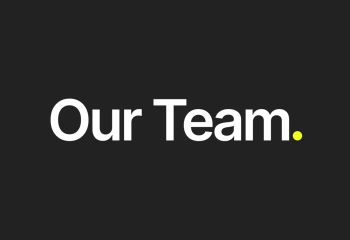
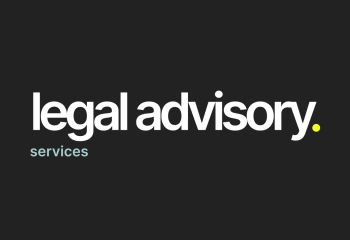
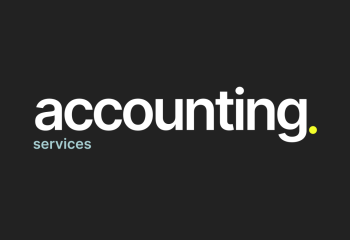
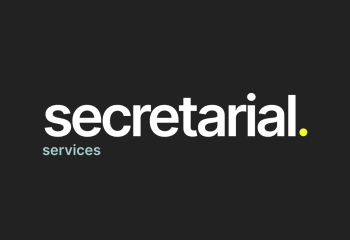
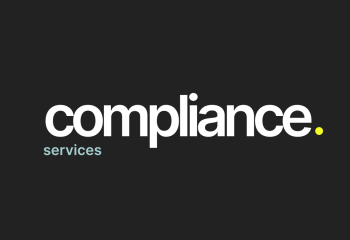


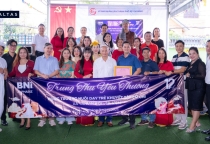
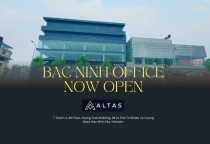

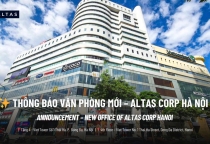

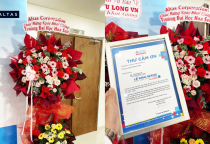
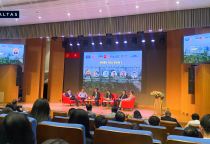

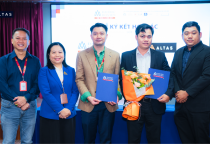


![?️ [ALTAS TALK IS COMEBACK | SERIES: “TAX MATTERS 2025”] ?️ [ALTAS TALK IS COMEBACK | SERIES: “TAX MATTERS 2025”]](thumbs/210x144x1/upload/news/altas-talkintro-7705.png)



